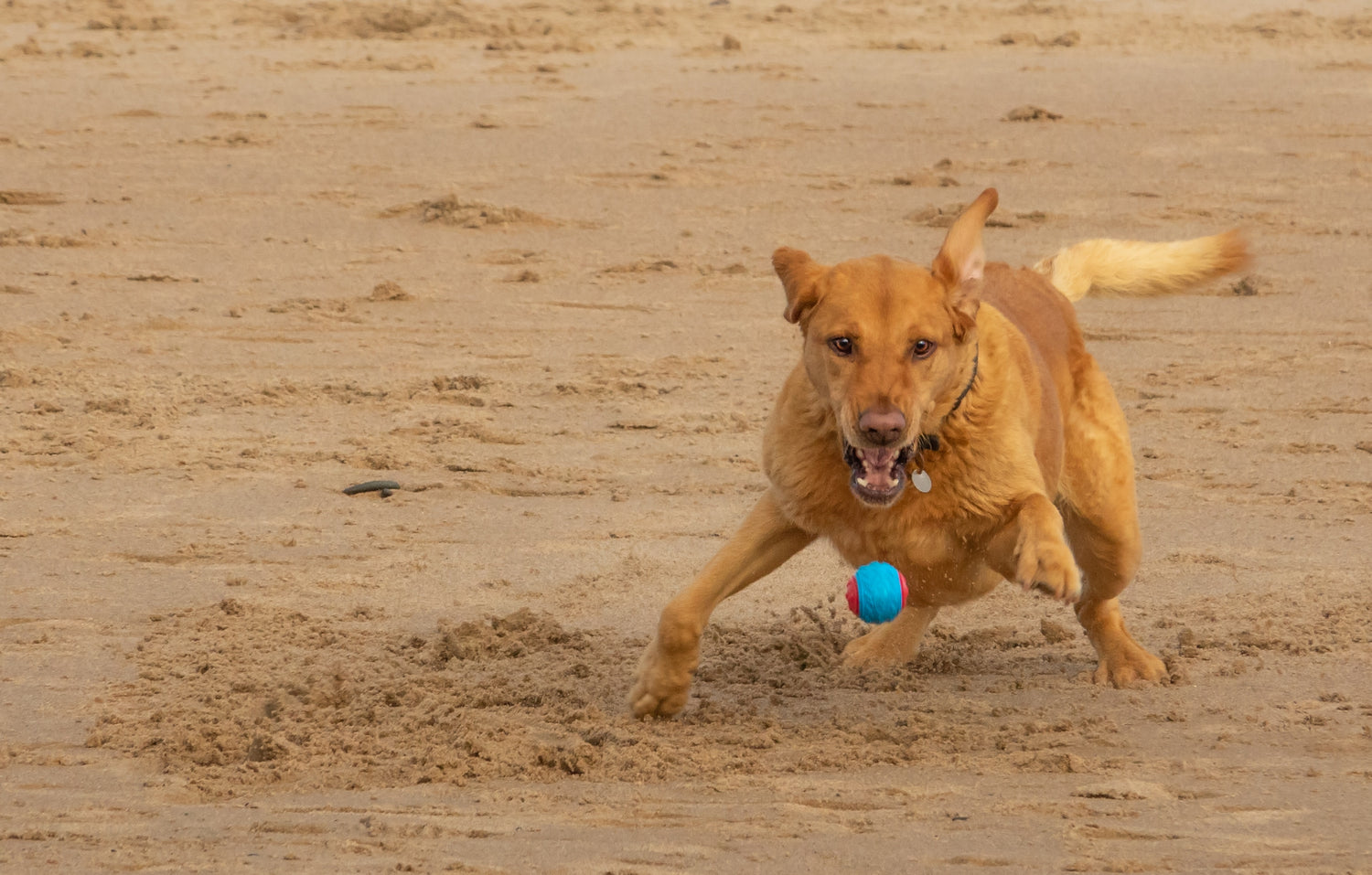Do dogs have knees?
Introduction
We love our dogs, but it can be pretty tough to understand their anatomy. Sure, I know the basic facts about my dog: that he has four legs and a tail, but what about his bones? Then again, I'm not sure how much difference it makes if you know where the bones are in your dog's body. It's more important that you know how to care for them and keep them healthy! So today we're going to talk about knees. We'll cover what they are and how they work in both humans and canines alike.
Dog knees are similar to human knees.
Dogs, like humans, have knees. Their knees are a set of joints where the femur (or thigh bone) connects to the tibia (or shin bone) and patella (knee cap). The joint is surrounded by a protective capsule that allows for movement in all directions. This can become inflamed and swollen if your dog has arthritis or other conditions that cause pain in his/her knee(s).
Arthritis is common in dogs as they age—it's estimated that more than half of all dogs over seven years old will develop some degree of osteoarthritis (OA). OA affects cartilage within joints such as those found in your dog's knees. Over time this cartilage breaks down resulting in pain and restricted movement. Conditions that may contribute to increased risk include obesity and heredity factors such as breed predisposition or genetic defect such as hip dysplasia or elbow dysplasia
The knee is a joint where the femur, tibia and patella connect.
The knee is a joint where the femur, tibia and patella connect. The femur is the thigh bone, the tibia is the shin bone and the patella is the kneecap.
Knee problems are common in dogs.
Do dogs have knees? Yes, but there are a few things you should know about them.
Knee problems are common in dogs and can be caused by arthritis and torn ligaments. Arthritis is an inflammation of the joints that results from wear and tear on the cartilage inside the joint. Older dogs are more susceptible to this type of injury because their bodies have been around longer, meaning they’ve had more time for trauma to affect their health overall. Torn cruciate ligaments—which connect your dog's thigh bone (femur) to his shin bone (tibia)—are also common issues among ageing pooches. A torn cruciate ligament often leads to a ruptured meniscus, which is an important cushioning system within the knee joint itself that helps keep its shape when weight is applied at an angle.
Dogs can have surgery to fix knee problems.
In some cases, surgery may be the best option. Canine knee surgery can often be performed under general anaesthesia and is usually successful in treating osteoarthritis or removing tumours. However, it can also be dangerous and expensive—so only consider it if your dog is suffering from chronic pain or mobility issues that cannot be managed any other way (e.g., with medication).
Dogs have knees and they can get arthritis and have surgery just like people.
Dogs have knees and they can get arthritis and have surgery just like people. Just because your dog is a big, hulking pooch doesn't mean he or she is immune to the same kinds of joint problems that humans face.
Your hound’s joints are the places where bones meet, such as at their elbows or knees. They're full of little cushions called cartilage that help keep them moving smoothly when your pup walks around or jumps off furniture. But over time or with too much activity, these cushions can wear away—and if they do not heal correctly after an injury (like jumping off a couch), osteoarthritis may develop in dogs' hips and knees. This condition causes pain and stiffness as well as swelling and inflammation of cartilage (this also happens to people who have too much stress on their joints). Luckily dogs can get surgery for this problem too!
Conclusion
Knees are a common problem for dogs and it’s good to know that there are solutions. In this article, we looked at how dogs have knees, what kinds of knee problems they can have and how these issues can be treated. We also discussed the importance of regular vet visits so your dog can receive the proper care before any problems develop. If you have any questions about your own dog's knee health please feel free to leave them in the comments section below!



